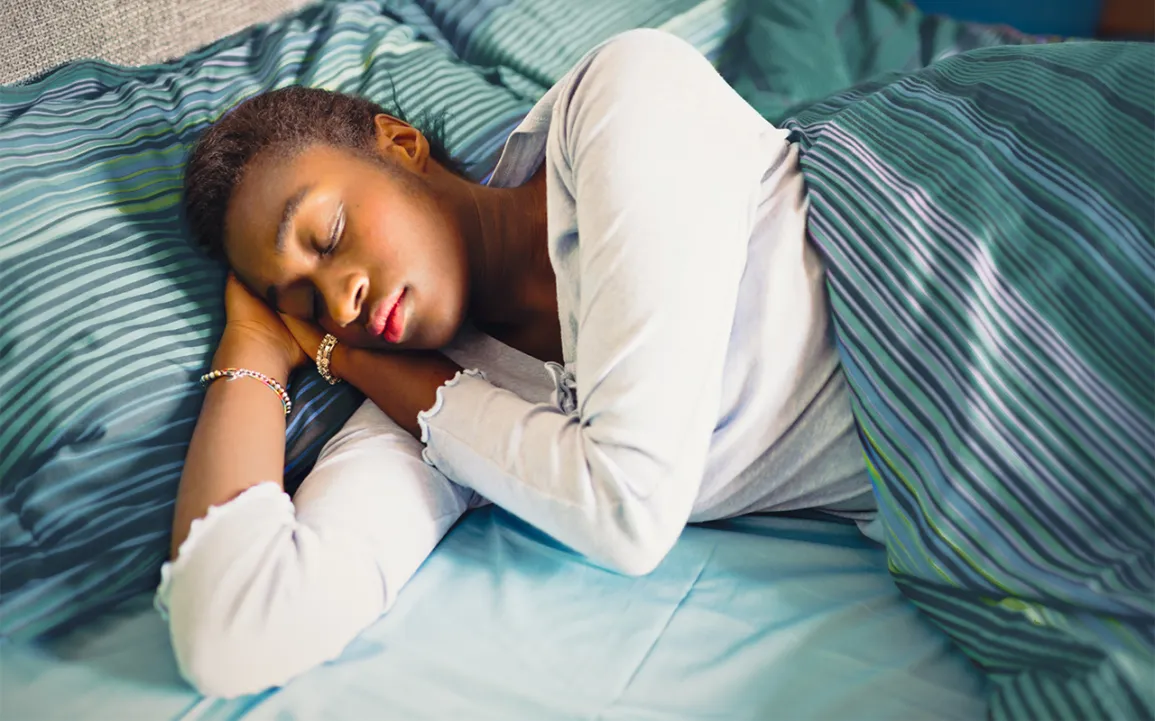
Sleep Hygiene 101 – Tips For a Restful Night’s Sleep
Sleep is essential to both physical and mental wellbeing. Unfortunately, however, many people struggle to get enough quality restful slumber time.
Poor sleep hygiene can often be the source of discomfort. Luckily, however, good habits can be developed in order to make sleeping easier and awakening feeling refreshed. Here are a few basic suggestions on improving your sleeping hygiene:.
Set the Right Temperature
Sleep hygiene refers to healthy sleeping practices designed to ensure we all get seven or eight hours of uninterrupted zzzs each night. To achieve this goal, practicing healthy sleeping habits (also called “sleep hygiene”) may help.
Studies show that lifestyle factors, like your diet, exercise regimen, and evening habits, can all have an effect on sleep quality; yet many remain unaware that environmental influences such as temperature can play a vital role. Your bedroom temperature has an incredible influence over its impact; thus it’s crucial that it remains within an ideal range for optimal restful nights of restful slumber.
Ideal temperatures should range between 60 and 67 degrees Fahrenheit for sleeping comfort, though you may wish to experiment with different settings in order to find what feels most suitable. Fans and air conditioners are useful tools in maintaining this temperature as well.
Keep Your Room Clean
Your sleeping environment, including both room and bed, plays an essential part in how well you rest at night. To create a restful environment in your bedroom it is crucial that it remains clean and organized to promote restful slumber.
An untidy bedroom can add stress and anxiety, which in turn negatively impact sleep quality. Make a habit of conducting a quick 15-minute tidy before going to bed each night; you will soon see results!
Establishing healthy sleep habits and practicing good hygiene are crucial for physical and mental wellbeing, yet finding quality restful restful slumber can sometimes be challenging. We explore some helpful strategies in this blog post so you can experience better nights of rest!
Keep It Cool
Although there may be several causes of poor sleep, most can be addressed through developing healthy behaviors known as “sleep hygiene.” By adopting such practices you can increase your ability to fall asleep quickly and remain asleep throughout the night.
Establish a set bedtime and wake-up time. A fixed schedule helps your body and brain adjust to getting enough rest each night.
Avoid caffeine intake within three or four hours before bed. Furthermore, avoid heavy meals before sleeping as these could trigger acid reflux which could keep you awake at night.
Keep your bed exclusively for sleeping purposes if possible; this will allow your brain to associate the bed with restful slumber, reducing unnecessary distractions. Furthermore, this may also help if you’re having difficulty sleeping.
Avoid Caffeine
Sleep is essential to our physical, cognitive, and psychological well-being, so optimizing your sleeping habits and creating an inviting sleep environment are key steps in ensuring adequate restful slumber.
Coffee and other stimulants should be avoided prior to bedtime as they may interfere with your ability to fall asleep easily. Furthermore, alcohol may negatively impact sleep quality as well as cause acid reflux symptoms.
Sleep hygiene may not be an all-encompassing solution. For those suffering from severe insomnia or sleep disorders like obstructive sleep apnea, other forms of treatment may be necessary – this could include medication as well as interventions such as behavioral therapy. Consult with your physician for more information.
Make Your Bed
Implementing proper sleep hygiene means creating an inviting bedroom environment to facilitate restful slumber. Although this might seem trivial, remembering you spend 227,000 hours each year sleeping there deserves special consideration.
Your daily and bedtime activities have an enormous effect on the quality of sleep you experience, and making a few changes could help ensure more peaceful nights and enable you to be better prepared for life’s adventures.
Blackout curtains may help prevent your brain from being distracted by sunlight, while using a fan can drown out distracting noise. Other accommodations you might consider are ear plugs, lavender-scented bedding and aromatherapy treatments to induce better restful slumber.



